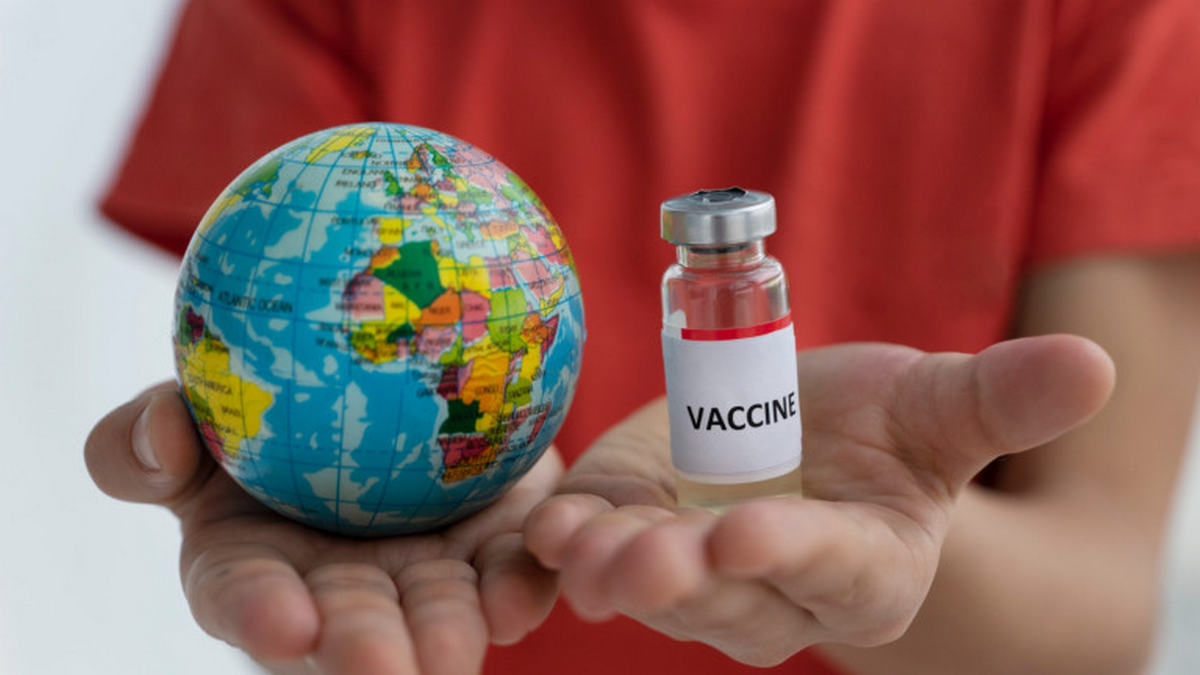75 countries around the world have called for an end to what they call “vaccine nationalism” in a joint letter to the UN, according to Reuters.
The letter, initiated by China, calls for COVID-19 vaccines to be seen as a global commodity for public health, and argues that richer countries should not be allowed to conserve their resources, while poorer ones countries are running out of vaccines.
“The pandemic knows no borders,” the letter said, adding: “The only solution is global solidarity, unity and multilateral cooperation … At this stage, it is critical to strengthen our joint efforts so that no one is left behind.”
The concept of vaccine nationalism refers to agreements signed by a number of countries with vaccine manufacturers before drugs became available to the general public, which allowed them to buy in large quantities, which in turn made initial vaccine supplies unavailable to poorer countries. .
More than 18 months after the start of the pandemic, although some rich countries appear to be moving towards normal life, as was the case before the pandemic, many poor countries still lack resources.
Mexico, Egypt and North Korea are among the countries that have signed the joint letter. Among the absent are the United States, Britain and Canada.
The letter expresses deep concern about the lack of equity for vaccines for poorer countries, which the letter says only exacerbates pre-existing problems of poverty and hunger, trade and more.
According to the Kaiser Foundation, 65 percent of the population of rich countries received at least one dose of the vaccine, while only 2% of the population of poor countries received at least one dose of the vaccine.
This summer, the European Union provided 900 million doses of Pfizer vaccine and maintained the possibility of doubling that number until 2023. Even without using this opportunity, the EU can give all its citizens at least six doses. The United States has given more than 1 billion doses, enough to vaccinate every American at least five times. Meanwhile, people in much smaller and poorer countries have not yet received a single dose.
According to Reuters, vaccination rates in countries such as Haiti and the Democratic Republic of the Congo remain below 1%.

